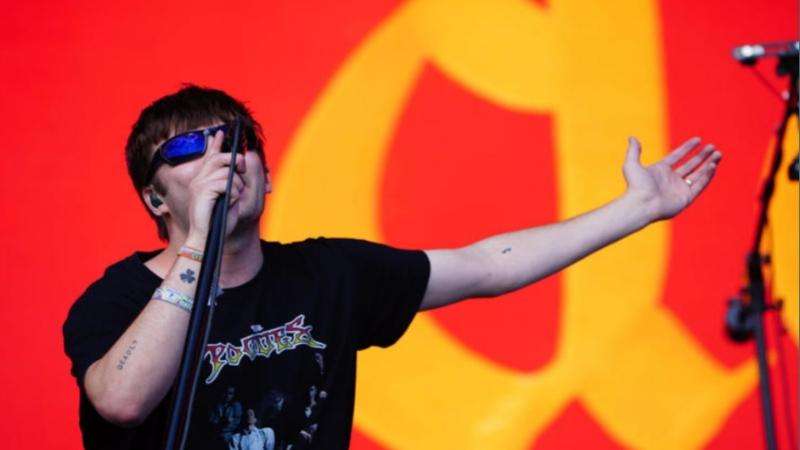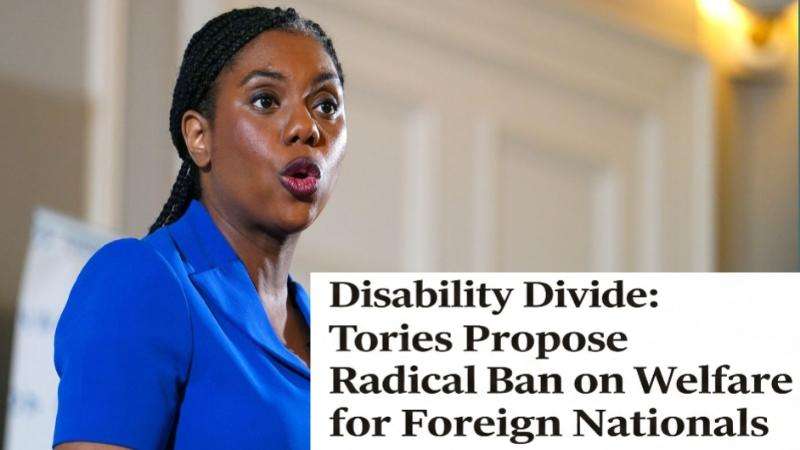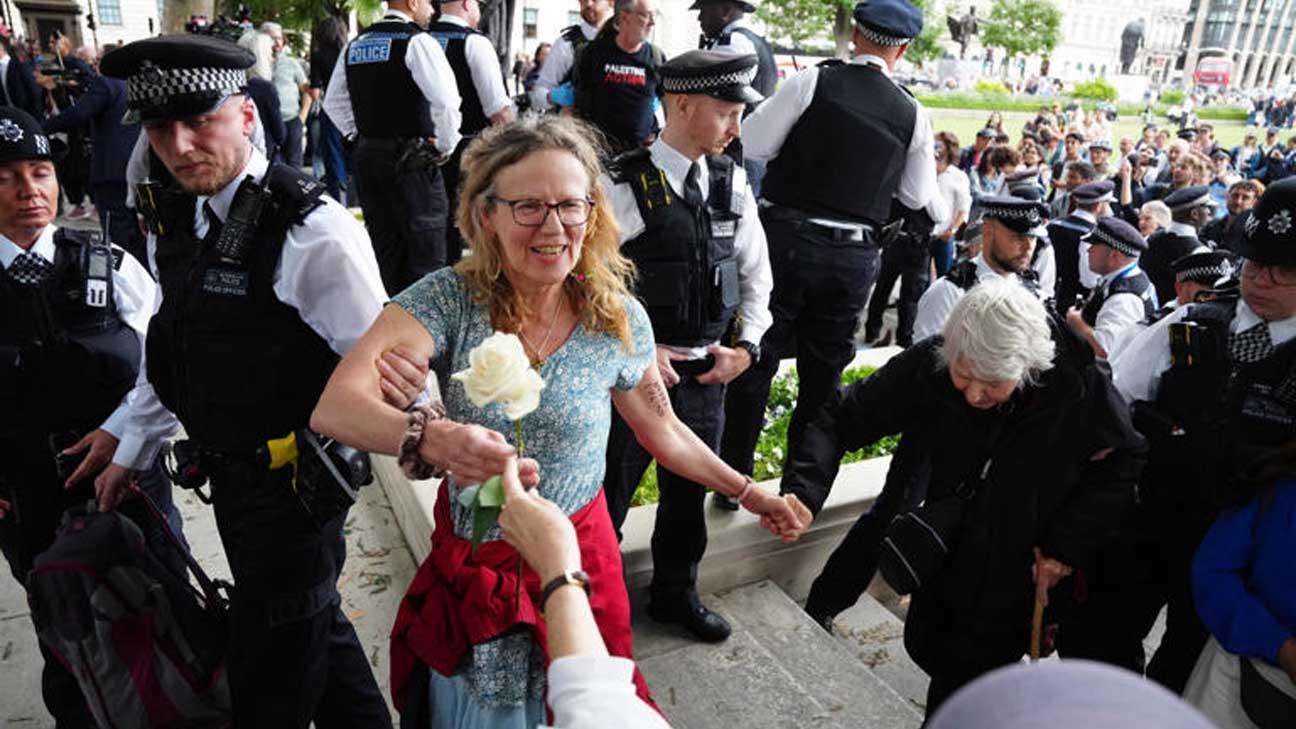The British political landscape is abuzz with the confirmation from former Labour leader Jeremy Corbyn that he is actively engaged in discussions to establish a new left-wing political party. This significant development comes just hours after Zarah Sultana, the MP for Coventry South, dramatically announced her resignation from the Labour Party to "co-lead the founding of a new party" with Corbyn.
Sultana's departure, a move that reportedly surprised some within Labour's left flank and was seen by some as premature, signals a definitive split from the mainstream Labour Party under Keir Starmer. Her decision was rooted in a profound disillusionment with Labour's current direction, particularly its failure to oppose the two-child limit on benefits, a policy she vehemently campaigned against. She highlighted that ending this cap alone could lift 400,000 children out of poverty, underscoring the deep ideological chasm between her and the current Labour leadership.
Corbyn, who has been an independent MP for Islington North since being blocked from standing for Labour in the last election and suspended from the party in 2020 over his response to the antisemitism report, publicly congratulated Sultana on her "principled decision." In a statement on X (formerly Twitter), he expressed his delight that she would "help us build a real alternative," adding that "the democratic foundations of a new kind of political party will soon take shape." Corbyn emphasized his belief that "discussions are ongoing – and I am excited to work alongside all communities to fight for the future people deserve. Together we can create something that is desperately missing from our broken political system: hope."
While Sultana's announcement pitched her and Corbyn as co-leaders, reports suggest Corbyn himself is reluctant to take on a formal leadership title. His preference for collective decision-making and a desire to avoid fragmenting the nascent coalition of like-minded MPs he has been cultivating suggest a more fluid, possibly less hierarchical structure for the new entity. This sentiment is echoed in his statement, where he speaks of "discussions ongoing" rather than a definitive, top-down launch.
Who is most likely to join?
The immediate and most obvious joiners are likely to be other independent MPs who have been alienated from the Labour Party under Keir Starmer's leadership. Already, Iqbal Mohamed, an independent MP and part of Corbyn's "Independent Alliance" group of MPs, has hinted at his involvement by sharing Corbyn's statement on X with the caption "Real change is coming." This "Independent Alliance," co-founded by Corbyn last year, has been a proving ground for collaboration among left-wing parliamentarians, and many of its members are strong candidates to transition into the new party.
Beyond Westminster, the new party is expected to draw support from a significant number of disillusioned Labour activists who feel the party has shifted too far to the right. Many who were active during Corbyn's leadership will likely find a natural home in this new movement, particularly those deeply committed to socialist principles, anti-poverty campaigns, and pro-Palestinian advocacy. Sultana herself has been a vocal critic of the government's stance on Gaza, accusing it of being "an active participant in genocide," a position that resonates strongly with a segment of the left.
Campaigners and activists from across the country, particularly those involved in social justice movements, trade unions, and pro-Palestine solidarity groups, are also highly probable recruits. The party's emphasis on addressing deep-seated issues like poverty, inequality, and a "broken political system" will appeal to those who feel unrepresented by the existing two-party dynamic.
While the new party's name and full policy platform are yet to be formally unveiled, Sultana's initial statement made it clear that it aims to offer a genuine alternative to what she termed a "two-party system [that] offers nothing but managed decline and broken promises," fighting for "the future people deserve" against what she claimed were parties "fighting for billionaires."
Initial Reactions and Potential Impact
The immediate reaction from the Labour benches has been mixed. While some on the left have expressed sadness at Sultana's departure, others have openly welcomed it. Home Secretary Yvette Cooper, when asked about Sultana's accusations and the potential threat of the new party, dismissed the accusations, stating Sultana had "always taken a very different view to most people in the government." Cooper largely refused to be drawn on concerns about the new party's potential impact on Labour.
However, analysis by organizations like More In Common suggests that a Corbyn-led party could indeed eat into Labour's support, potentially securing as much as 10% of the vote in a general election and even becoming the preferred choice for 18-24 year olds, with 32% support. This indicates a significant untapped vein of left-wing dissatisfaction that could be mobilized. While Labour hopes such a party might struggle under the first-past-the-post system, the existence of this new force could undeniably complicate Labour's electoral strategy, particularly if it forms alliances with other smaller parties like the Greens, potentially creating a "pincer movement" on Labour's left flank.
The coming weeks are set to reveal more about the structure, policy positions, and key figures aligning with Jeremy Corbyn and Zarah Sultana's new political venture, which promises to inject a fresh dynamic into British politics, challenging the established order and offering a distinct voice for the left.








.svg)


